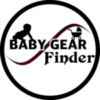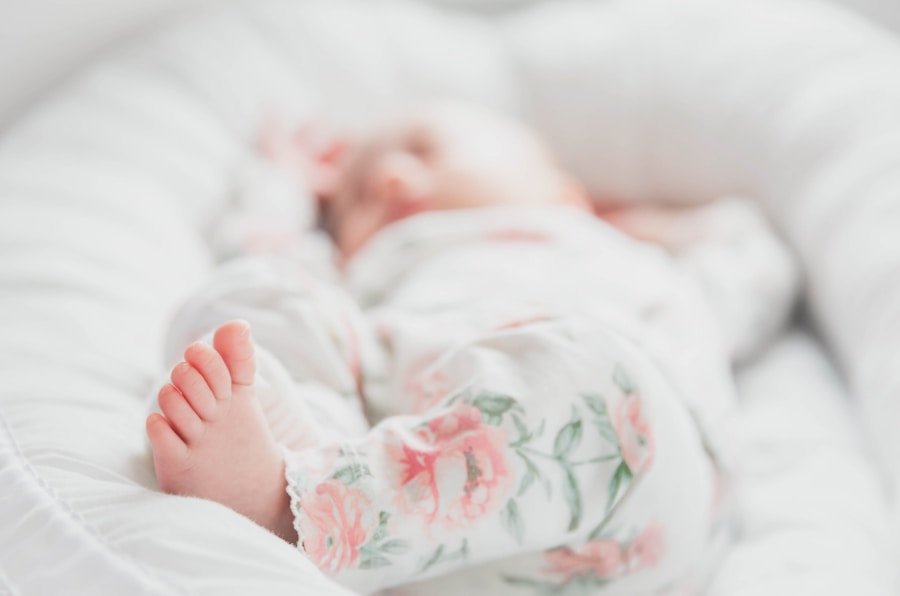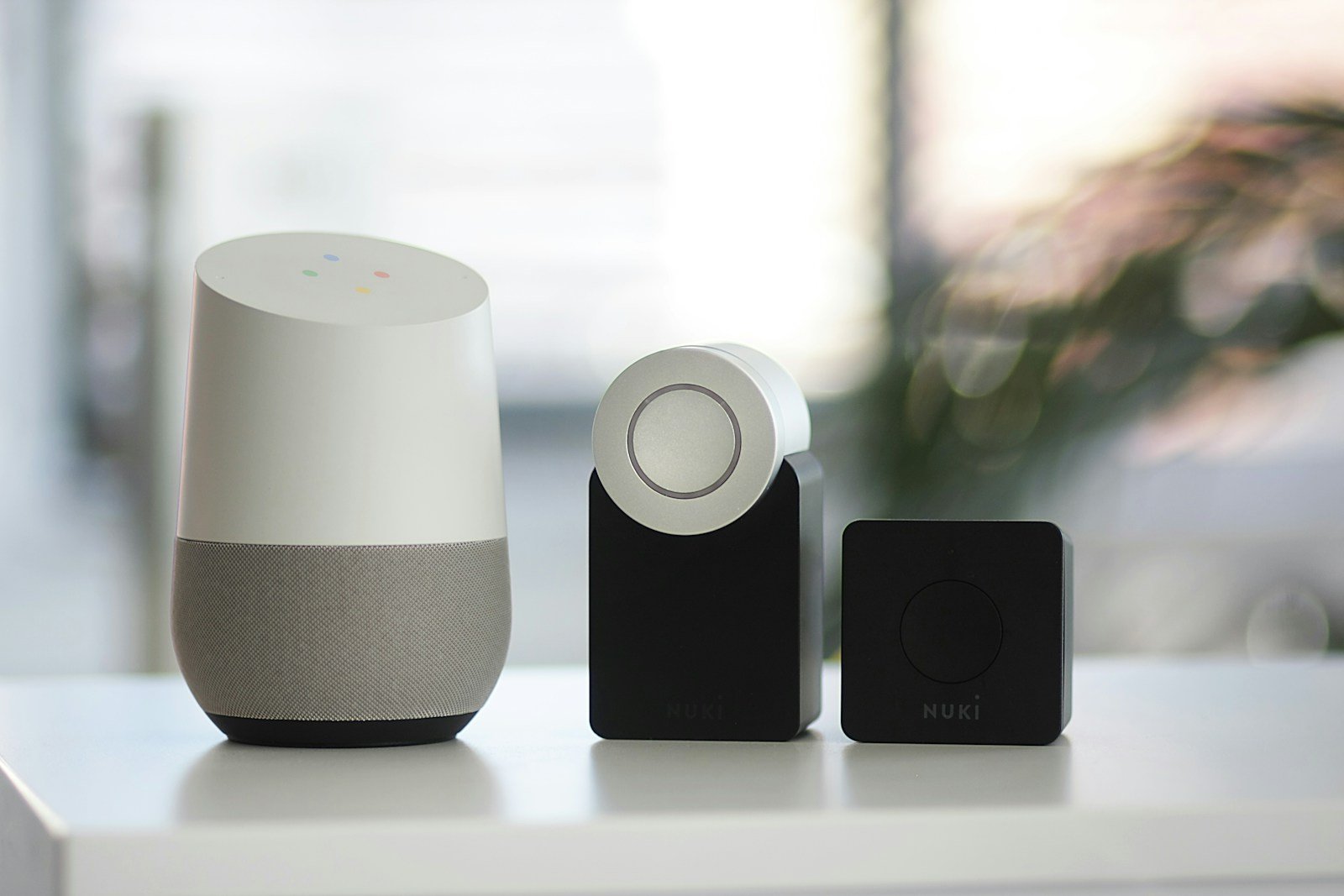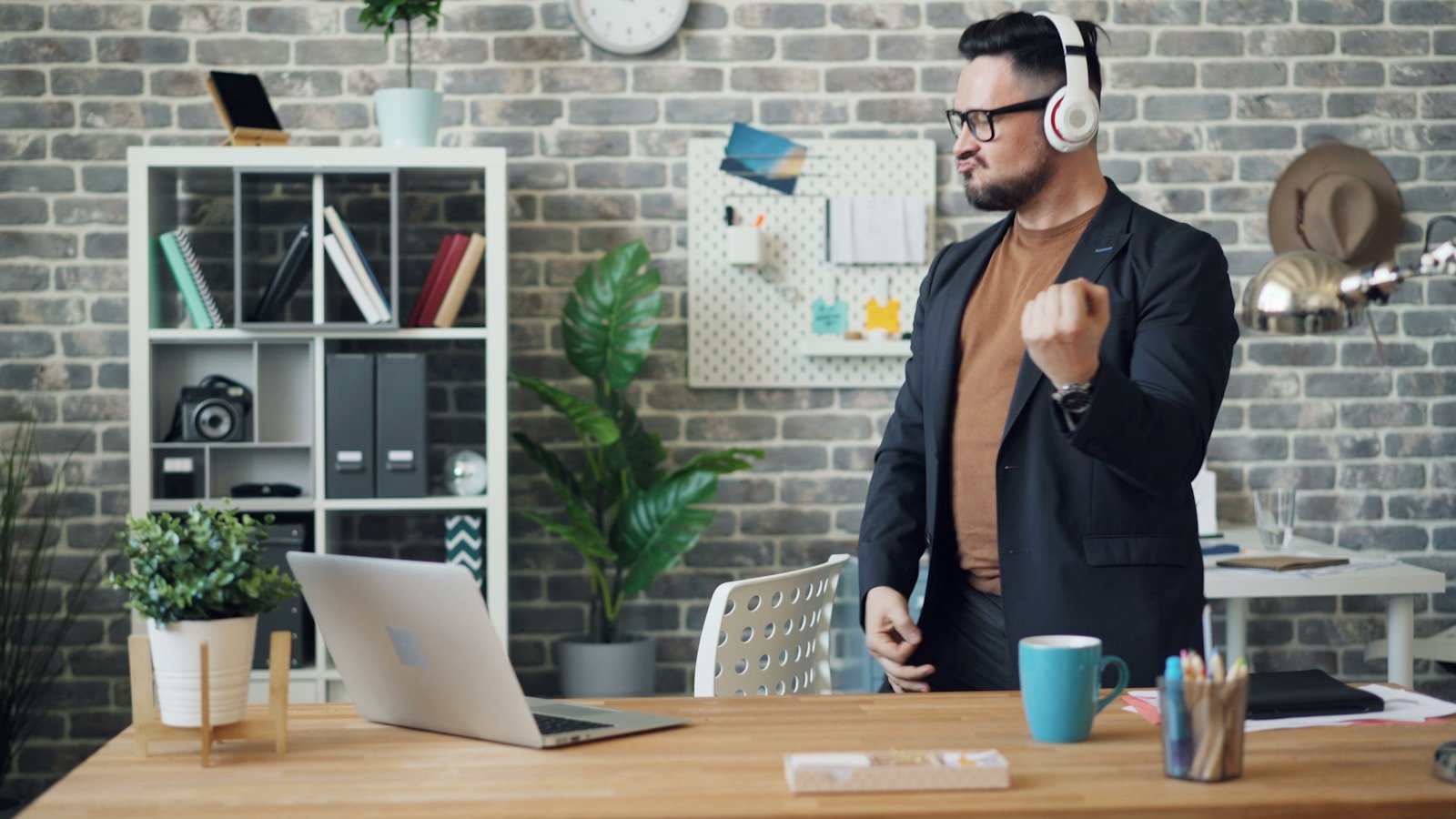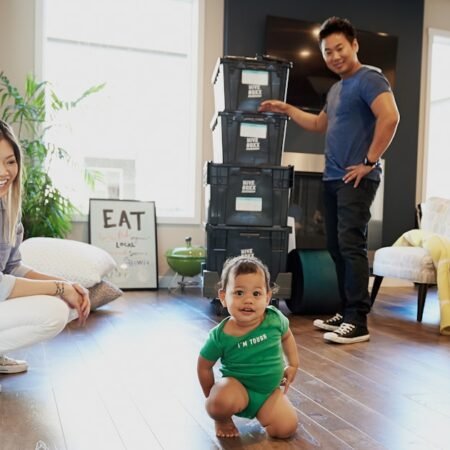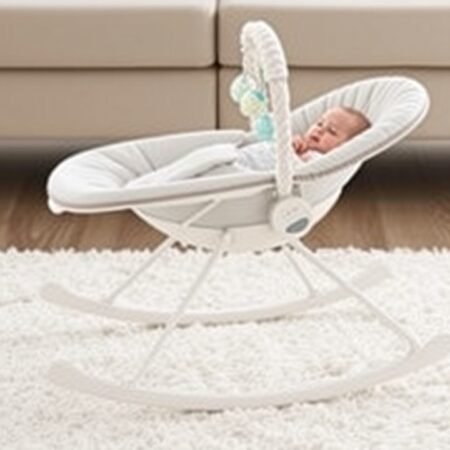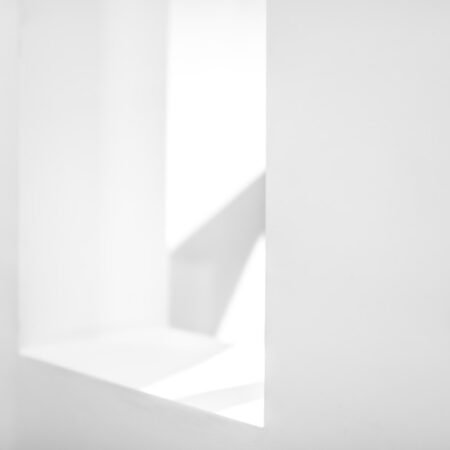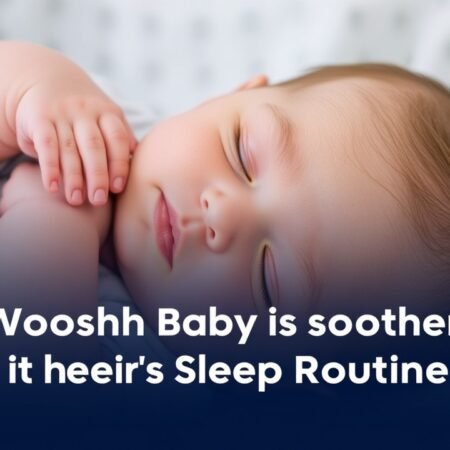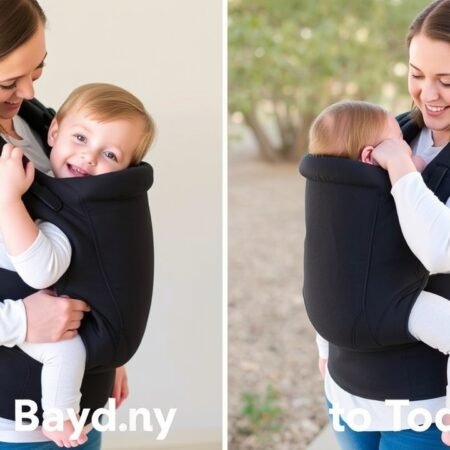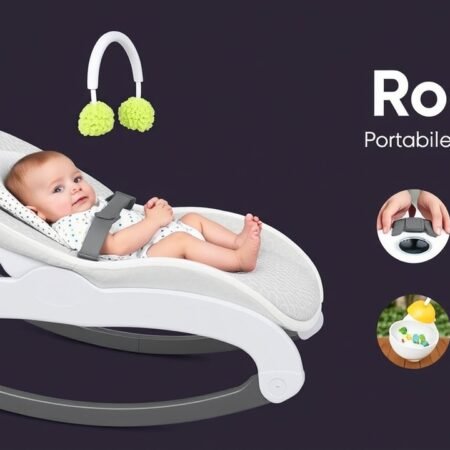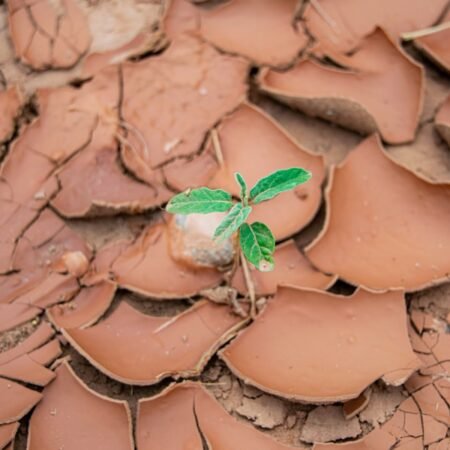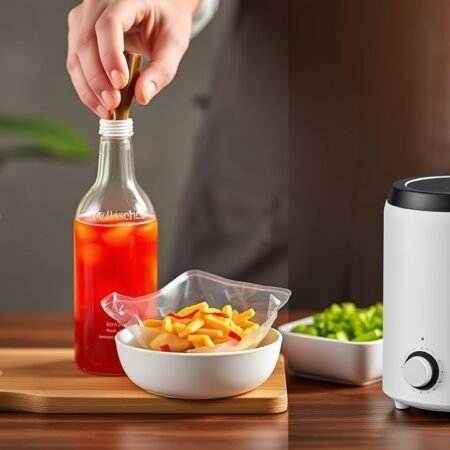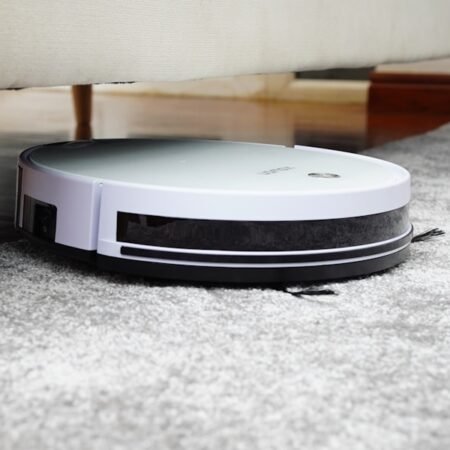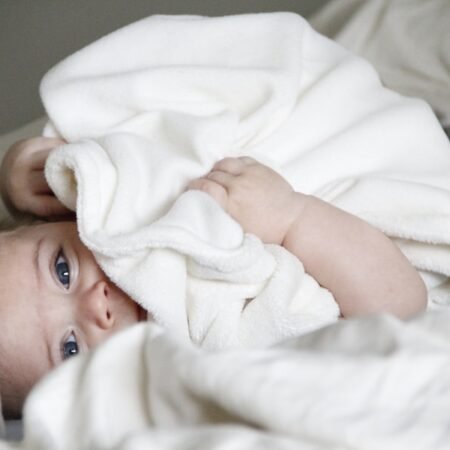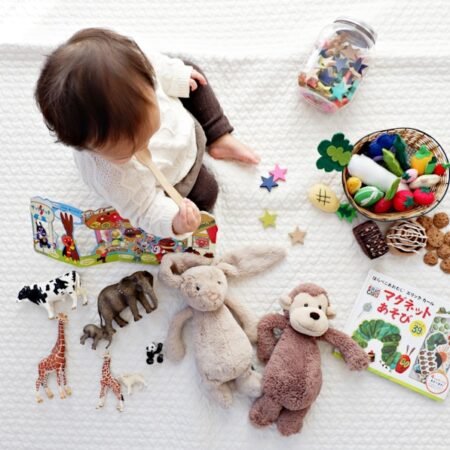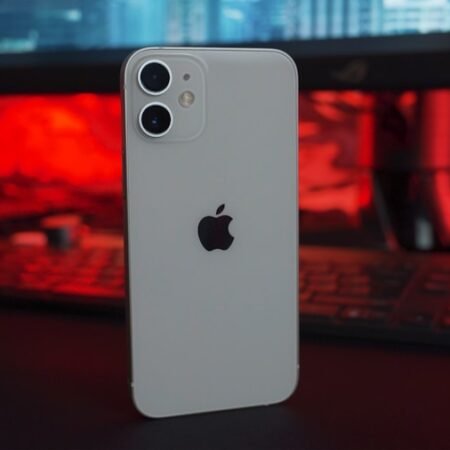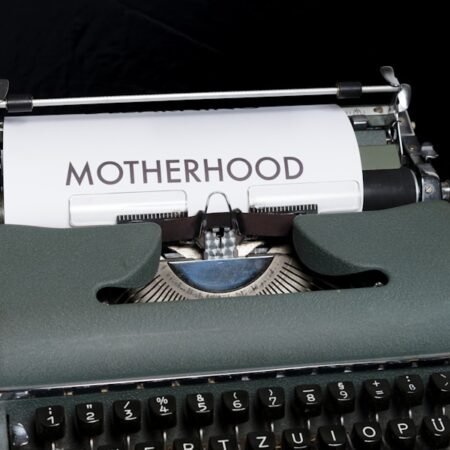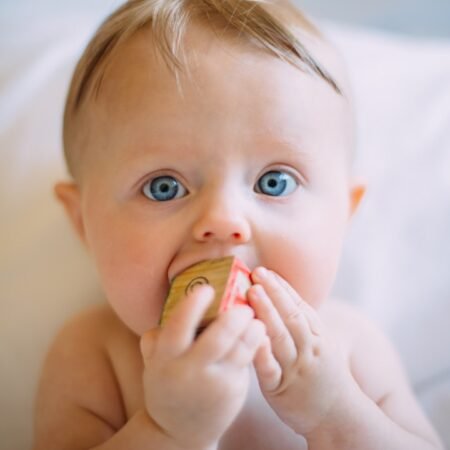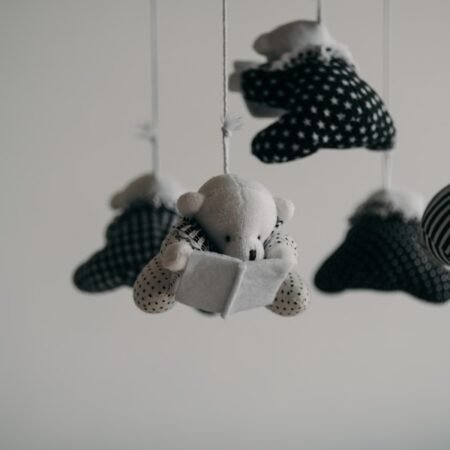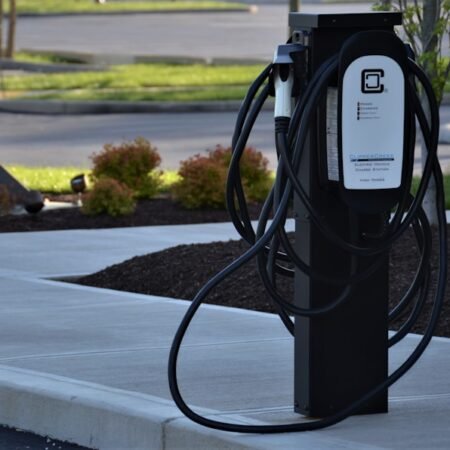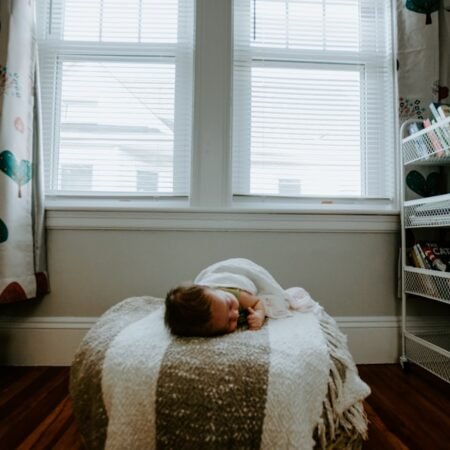As new parents, ensuring the health and safety of your baby is a top priority. One often overlooked aspect of a healthy environment for a newborn is the quality of the air they breathe. Clean air is essential for the development of a baby’s respiratory system and overall well-being. Newborns and infants have delicate lungs that are more susceptible to the effects of air pollution, allergens, and irritants. Poor indoor air quality can lead to respiratory issues, allergies, and other health problems for both parents and their baby. Therefore, it is crucial for new parents to take proactive steps to improve the air quality in their home, especially in the nursery where the baby spends a significant amount of time.
Clean air is not only important for the physical health of a baby but also for their sleep quality. Babies spend most of their time sleeping, and the quality of the air they breathe during sleep can significantly impact their rest and overall development. By ensuring clean air in the nursery, new parents can create a healthy sleep environment for their baby, promoting better sleep patterns and overall well-being. With these considerations in mind, it becomes clear that investing in an air purifier is a beneficial decision for new parents looking to provide the best possible environment for their baby.
Key Takeaways
- Clean air is crucial for new parents and their baby’s health and well-being.
- Air purifiers can improve indoor air quality by reducing allergens and irritants.
- Creating a healthy sleep environment for the baby is essential for their development.
- Air purifiers can benefit newborns and infants by providing cleaner air for them to breathe.
- When choosing an air purifier for your family, consider factors such as size, filtration system, and noise level, and use it safely in the nursery.
How Air Purifiers Can Improve Indoor Air Quality
Air purifiers are designed to remove pollutants, allergens, and irritants from the air, thereby improving indoor air quality. These devices work by drawing in air and passing it through a series of filters that capture particles such as dust, pollen, pet dander, mold spores, and other airborne contaminants. By effectively removing these pollutants from the air, air purifiers can significantly reduce the risk of respiratory issues and allergies for both parents and their baby. Additionally, air purifiers can help eliminate odors and harmful volatile organic compounds (VOCs) from household products, further improving the overall air quality in the home.
One of the key benefits of using an air purifier is its ability to reduce airborne particles that can trigger asthma and allergy symptoms. For babies with sensitive respiratory systems, this can be particularly beneficial in preventing respiratory issues and promoting better health. Furthermore, air purifiers can help maintain a clean and healthy environment in the nursery, reducing the risk of infections and illnesses that can be caused by poor indoor air quality. By investing in an air purifier, new parents can take proactive steps to create a safe and healthy living space for their baby, promoting better respiratory health and overall well-being.
Reducing Allergens and Irritants with Air Purifiers
Allergens and irritants such as dust mites, pollen, pet dander, and mold spores can be major triggers for allergies and respiratory issues in newborns and infants. These particles can be present in the air and on surfaces in the nursery, posing a risk to the baby’s health. Air purifiers are effective at capturing these allergens and irritants, thereby reducing their presence in the indoor environment. By removing these particles from the air, air purifiers can help alleviate allergy symptoms and reduce the risk of respiratory issues for babies with sensitive immune systems.
In addition to allergens, air purifiers can also help eliminate other airborne contaminants that can be harmful to a baby’s health. Household products, cleaning chemicals, and tobacco smoke can release harmful VOCs into the air, which can have adverse effects on respiratory health. Air purifiers with activated carbon filters are effective at capturing these VOCs, helping to maintain a clean and healthy indoor environment for the baby. By reducing the presence of allergens, irritants, and harmful chemicals in the nursery, air purifiers can play a crucial role in promoting better respiratory health for newborns and infants.
Creating a Healthy Sleep Environment for Baby
| Benefit | Explanation |
|---|---|
| Removes Allergens | Air purifiers can remove common allergens such as dust, pollen, and pet dander, which can improve air quality for new parents and their baby. |
| Reduces Odors | By filtering out odors from cooking, pets, and other sources, air purifiers can create a fresher and more pleasant environment for the family. |
| Improves Sleep | Cleaner air can lead to better sleep for both parents and baby, as it reduces irritants that can disrupt sleep and cause discomfort. |
| Enhances Respiratory Health | By removing airborne particles, air purifiers can help reduce the risk of respiratory issues and improve overall respiratory health for the family. |
Creating a healthy sleep environment is essential for the well-being of a newborn or infant. Babies spend a significant amount of time sleeping, and the quality of the air they breathe during sleep can impact their rest and overall development. Poor indoor air quality can disrupt sleep patterns and lead to respiratory issues, allergies, and other health problems for the baby. Air purifiers can help create a healthy sleep environment by removing airborne pollutants that can affect the baby’s respiratory system and overall well-being.
In addition to improving air quality, some air purifiers are designed with features that promote better sleep for babies. For example, some models have built-in white noise machines that can help soothe the baby to sleep and drown out background noise that may disrupt their rest. By creating a calm and peaceful sleep environment, air purifiers can contribute to better sleep patterns and overall well-being for the baby. With these benefits in mind, it becomes clear that investing in an air purifier is a valuable decision for new parents looking to provide the best possible sleep environment for their baby.
Benefits of Air Purifiers for Newborns and Infants
The benefits of using an air purifier in the nursery extend beyond improving indoor air quality. Air purifiers can also help reduce the risk of respiratory issues, allergies, and other health problems for newborns and infants. By removing airborne pollutants such as dust, pollen, pet dander, mold spores, and VOCs from the air, air purifiers can create a clean and healthy environment that promotes better respiratory health for the baby. Additionally, some air purifiers are designed with features that contribute to better sleep patterns for babies, such as built-in white noise machines that can help soothe the baby to sleep.
Furthermore, using an air purifier in the nursery can provide peace of mind for new parents by creating a safe and healthy living space for their baby. By taking proactive steps to improve indoor air quality, parents can reduce the risk of respiratory issues and allergies for their baby, promoting better overall well-being. With these benefits in mind, it becomes clear that investing in an air purifier is a valuable decision for new parents looking to provide the best possible environment for their baby.
Choosing the Right Air Purifier for Your Family
When choosing an air purifier for your family, it is important to consider factors such as the size of the nursery, the specific needs of your baby, and any existing respiratory issues or allergies. Look for an air purifier with a HEPA filter, which is highly effective at capturing airborne particles such as dust, pollen, pet dander, and mold spores. Additionally, consider features such as activated carbon filters for capturing VOCs and other harmful chemicals, as well as built-in white noise machines to promote better sleep for your baby.
It is also important to consider the size and noise level of the air purifier when choosing one for the nursery. Look for a model that is appropriately sized for the nursery space and operates quietly to avoid disturbing your baby’s sleep. Additionally, consider factors such as energy efficiency and maintenance requirements when selecting an air purifier for your family. By carefully considering these factors, you can choose an air purifier that meets the specific needs of your family and provides the best possible indoor air quality for your baby.
Tips for Using Air Purifiers Safely in the Nursery
When using an air purifier in the nursery, it is important to follow safety guidelines to ensure that it effectively improves indoor air quality without posing any risks to your baby’s health. Place the air purifier in a location where it can effectively circulate clean air throughout the nursery without being obstructed by furniture or other objects. Additionally, be sure to regularly clean and replace the filters in your air purifier according to the manufacturer’s recommendations to maintain its effectiveness.
It is also important to monitor indoor humidity levels in the nursery when using an air purifier. High humidity levels can promote mold growth and other indoor pollutants that can affect your baby’s respiratory health. Use a hygrometer to monitor humidity levels in the nursery and use a dehumidifier if necessary to maintain optimal indoor humidity levels. By following these tips for using air purifiers safely in the nursery, you can ensure that your baby benefits from improved indoor air quality without any risks to their health.
In conclusion, investing in an air purifier is a valuable decision for new parents looking to provide a safe and healthy environment for their baby. Air purifiers can improve indoor air quality by removing pollutants, allergens, and irritants from the air, thereby reducing the risk of respiratory issues and allergies for newborns and infants. Additionally, air purifiers can help create a healthy sleep environment by promoting better sleep patterns for babies. When choosing an air purifier for your family, consider factors such as filter type, size, noise level, energy efficiency, and maintenance requirements to ensure that it meets your specific needs. By following safety guidelines for using air purifiers in the nursery, you can ensure that your baby benefits from improved indoor air quality without any risks to their health. Overall, investing in an air purifier is a proactive step that new parents can take to promote better respiratory health and overall well-being for their baby.
FAQs
What is an air purifier?
An air purifier is a device that helps remove contaminants from the air, such as dust, pollen, pet dander, and smoke. It can improve indoor air quality and create a healthier living environment.
How can air purifiers benefit new parents and their baby?
Air purifiers can benefit new parents and their baby by removing airborne allergens and pollutants, which can help reduce the risk of respiratory issues and allergies. This can lead to better sleep for both the parents and the baby.
Are air purifiers safe for babies?
Yes, air purifiers are safe for babies when used according to the manufacturer’s instructions. It is important to choose an air purifier that does not produce ozone, as high levels of ozone can be harmful to infants.
What features should new parents look for in an air purifier for their baby’s room?
New parents should look for an air purifier with a HEPA filter, which can capture small particles and allergens. They should also consider the noise level of the air purifier, as well as any additional features such as a night light or child lock.
How often should the air purifier be used in the baby’s room?
The air purifier should ideally be used continuously in the baby’s room to maintain clean air quality. Regular filter replacement and maintenance are also important to ensure the air purifier functions effectively.


